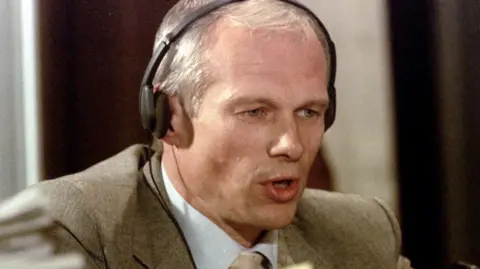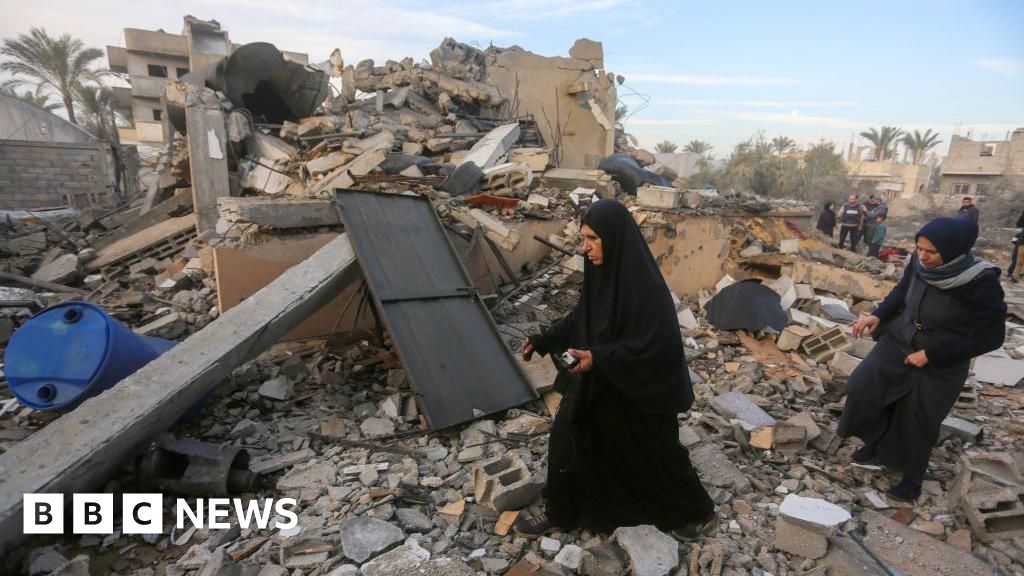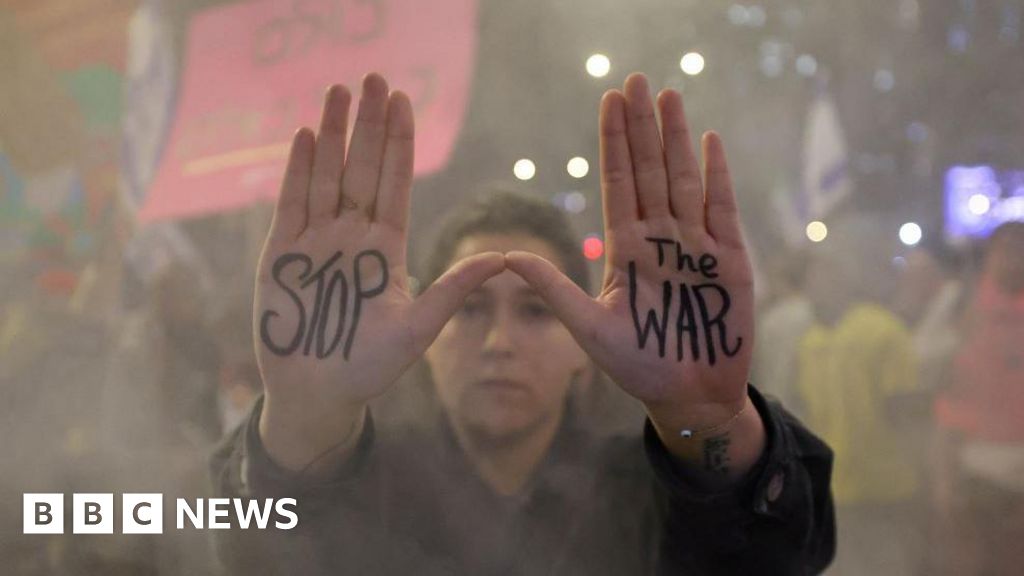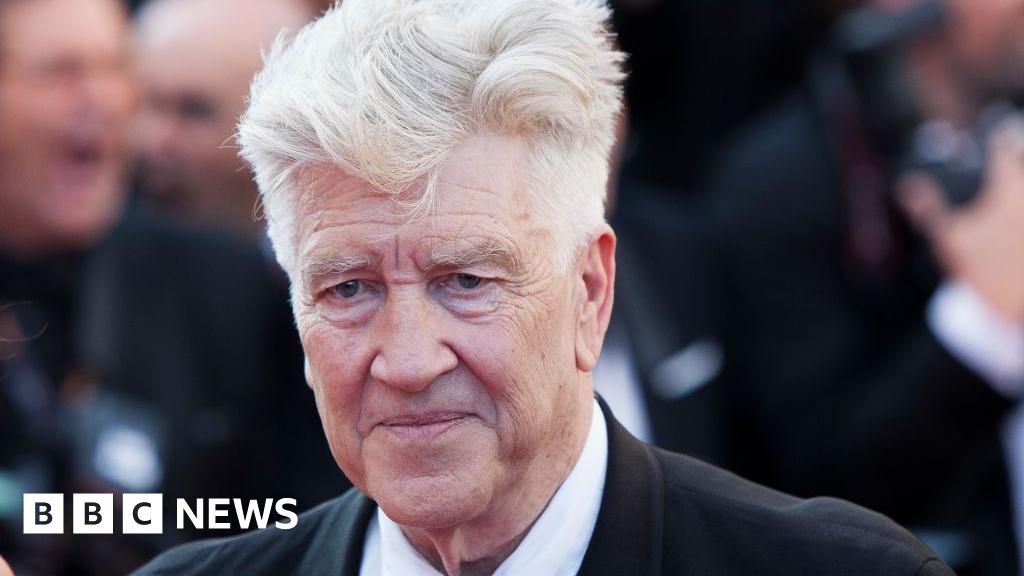ARTICLE AD BOX

 Reuters
Reuters
Janusz Walus said he killed Chris Hani to stop communism
A notorious far-right extremist, convicted of murdering South African anti-apartheid hero Chris Hani, is set to be deported to his native Poland, the government has said.
Janusz Walus, 71, gunned down Hani outside his home in 1993 at a tense time when the country was preparing its first multi-racial elections.
He spent almost three decades in prison in South Africa before being freed on parole in 2022, sparking protests and an outcry, in a nation still grappling with racism and apartheid's legacy.
Walus is set to leave South Africa on Friday night and the Polish government will pay for the deportation, said Home Affairs Minister Leon Schreiber.
South African Minister in the Presidency Khumbudzo Ntshavheni said the decision wasn't one the government had made, but they were adhering to the decision made by the Constitutional Court.
Schreiber said on X it was a "painful day" and a reminder of the "dark time" of apartheid for South Africans.
Hani's widow, Limpho Hani, voiced her anguish, condemning the government and the South African Communist Party (SACP) for only notifying her at the last minute. She said she was only informed of Walus's release on Thursday.
Hani was a key member of the African National Congress (ANC), which led the fight against white-minority rule and has been in power ever since, and also head of the South African Communist Party. Since his murder, he has become revered as a hero of the fight for freedom and equality in the country.
The ANC reflected on the pain caused by Hani's assassination and said the release was a reminder of "the bullet that pierced through our hearts, assassinating a father and comrade".
"Your dastardly hand drips of the blood of a martyr and freedom fighter who paid the ultimate price for the freedom and love for humanity, democracy, and justice," it read.

 AFP
AFP
Chris Hani is widely seen as a hero of the fight for freedom and equality in South Africa
Walus moved from Poland to South Africa in 1981 and was granted citizenship, which was revoked after his murder conviction.
He was initially sentenced to death, along with his co-defendant Clive Derby-Lewis, but the sentence was commuted to life sentence after South Africa abolished the death penalty.
He told the Truth and Reconciliation Commission tribunal in 1997 he had killed Hani to "to plunge the country into a state of chaos which would allow the right to take over".
Walus said that his experiences under communist Poland contributed to his decision to murder Hani.
Tensions were extremely high at the time, as South Africa was nearing the end of apartheid, the racist system of white-minority rule.
ANC leader Nelson Mandela had been released from prison in 1990 and was negotiating a peaceful transition of power and elections, while some members of the white community feared a breakdown in law and order and civil unrest.
Many feared the assassination of Hani would start a race war. Some say it nearly derailed South Africa's transition to democracy, which happened the following year.
ANC secretary general Fikile Mbalula said at a press briefing that Walus had "deprived South Africa of one of its greatest leaders".
He added that his deportation without a "full confession of his actions and conspiracies is an injustice".
Mbalula called for a comprehensive inquiry into the killing to "expose the full scope of the crime". The South African Communist Party has echoed the same sentiments.
Walus has become an infamous figure for the far-right spaces in Poland. His face has been printed on scarves, T-shirts and posters. This merchandise has even been sold in South Africa.
A journalist who interviewed Walus for a book said extremists in the country saw him as "the great hope of the white race".
Walus has never expressed remorse for the killing of Hani.
You may also be interested in:

 Getty Images/BBC
Getty Images/BBC

 1 month ago
11
1 month ago
11








 English (US) ·
English (US) ·